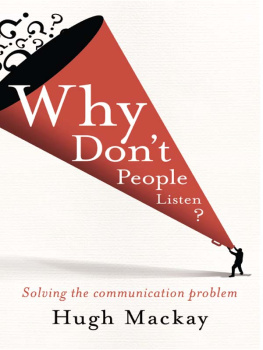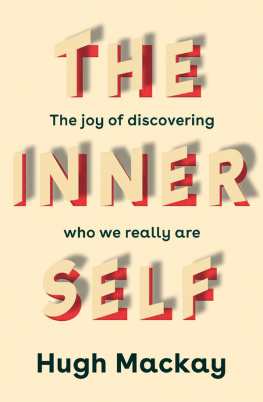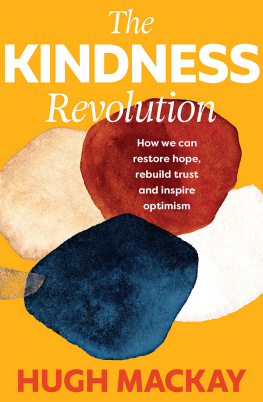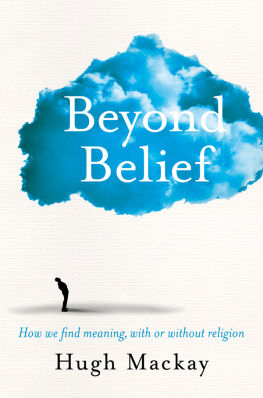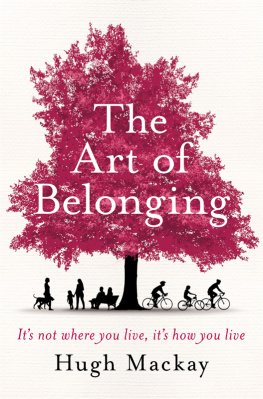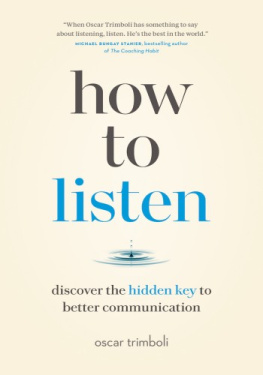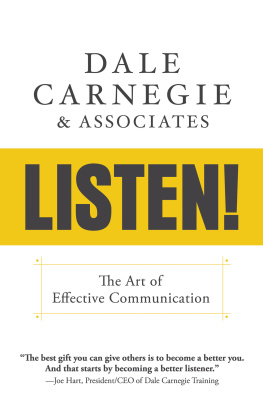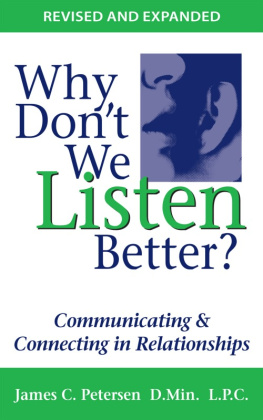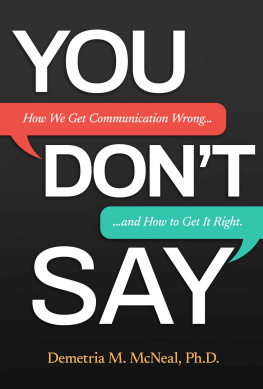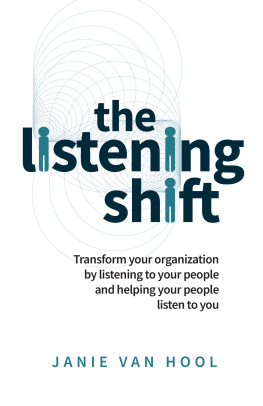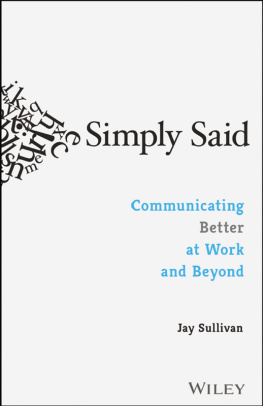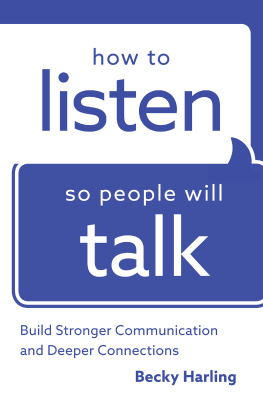Communication is probably one of your favourite subjects and so it should be. After all, we humans are herd animals. We belong in communities. We thrive on relationships. We need to communicate.
But interpersonal communication has had a tough time in the late 20th and early 21st centuries. Social, cultural, economic and technological upheavals have had the effect of fragmenting many families, destabilising traditional social groups and communities and increasing the problem of social isolation.
This has been a time of redefinition of everything from gender roles to social class. The Western world is adapting to new patterns of marriage and divorce, record low birth rates, rapidly shrinking households, new threats to our traditional sense of cultural identity, the restructuring of our economies and the introduction of wave after wave of new information technology (much of it labelled communication technology) which inevitably reshapes the way we live.
Many of these changes have posed a threat to the quality of our personal relationships. As information technology has become more sophisticated and accessible, it may be time to remind ourselves that all technologies harnessed in the service of communication actually make it easier for us to stay apart from each other. More data flowing to and from our IT devices does not always lead to better communication between us.
At such times, it is easy to forget that the most precious resource we have for coping with lifes uncertainties is the richness of stable personal relationships. The thing we most need is each other person to person and face to face.
If the time has come to start putting more emphasis on the quality of our relationships, and giving more attention to the life of our human herds families, work groups, friends, neighbours then the time has certainly come to take more care with our communication. Hence this book a revised and updated version of the original, published in 1994.
Meet the family...
Most of us learn about communication from our families. We learn it as part of the broader lessons our parents teach us consciously or unconsciously about how we should treat each other.
Such things are rarely spoken about, because they dont need to be made explicit. The lessons are obvious from the way our families behave.
Family life isnt all sweetness and light. In fact, when youre in the middle of one, a family can feel anything but sweet. All families are unhappy families, sometimes, and that is probably just as well. After all, the family is not only the place where we learn about tolerance, forgiveness and unconditional love; it is also where we learn about adversity, conflict and compromise.
If families are functioning properly, the big pay-off for society is that children will have already learned many of these lessons before they are let loose on the community. (This is the original intent of the widely misinterpreted proverb charity begins at home.)
A family figures prominently in the pages of this book, and Id like to introduce them to you.
Bill is in his early forties. He grew up on a farm, but had his heart set on the city from an early age. He works in a department of the public service. He was married to Judith and they had one daughter, Kelly. That marriage ended in divorce when Kelly was seven. She stayed with her mother until, nine years later, Judith remarried and went to live in the USA with her new husband. At that point, Kelly now a sixteen-year-old came to live with Bill who, by then, had married Margaret. Bill and Margaret have a son, Michael, now seven.
Margaret is in her early thirties. She had to be persuaded to marry Bill, partly because he is ten years older than she is, and partly because her closest friend had married a man with children from a previous marriage, and she wasnt keen on putting herself through the kind of difficulties theyd had to face. The fact that Kelly was living with Judith at the time weighed in Bills favour, but Kellys arrival on the scene all these years later has greatly complicated the life of the household.
Margarets own parents are divorced and she has a difficult relationship with her father, Cole, who is a fading celebrity in the media. Cole was never in favour of Margarets marriage to Bill, and still makes his feelings known though he is devoted to his grandson, Michael.
Margaret has recently returned to full-time work as an account executive in an advertising agency. She is stimulated by the job, and excited by her prospects for promotion.
We join the family as the seven-year-old Michael answers a telephone call from his mother. Michael is the only member of the family not to own a smartphone (though he does have Bills cast-off desktop computer in his bedroom) and he expresses his displeasure by monopolising the landline. When Margaret calls the house, she can be sure Michael will answer.
CHAPTER 1
The Injection Myth
Michael? Listen to me. Whats that noise in the background? Well, go and turn it down. Ill hang on... Are you there? Listen. Somethings come up at work and Im going to be a bit later than usual. Ill tell you about it when I get home. Dads not answering his mobile is he home yet? Well, when he comes in, tell him Ill be about an hour late, and he should go ahead with the dinner. Were having sausages and theyre in the fridge. You could get them out for him. Tell him you should all go ahead and eat if Im not home in time. Now, wheres Kelly? Is she home yet? Good. Ive sent her a text but she mightnt open it, so will you tell her Im going to be a little bit late home, and she should get on with her homework right now. Are you listening? Please tell her to get on with it right now it will be too late after netball. If Im not home in time, Dad can take her to netball. Michael, are you listening? Put Kelly on... Well, tell her to turn off the TV and get on with her homework. Ill see you soon. Dont forget to tell Dad about the dinner. Oh, and you can have your bath now, Michael. Michael?
Margaret drops the phone into her handbag with a sigh, runs a brush through her hair, grabs her briefcase and dashes to the lift. Shes waited too long for this moment: a meeting, at last, with the Grey Eminence himself, to be told about her new responsibilities. All the signs point to a big promotion. Bill wont know what to say. He never does. Kelly might actually smile, though.
An hour later, snug in her warm car in heavy traffic, Margaret is brimming with the desire to tell her family about her new job. Every time the traffic stops, she hugs herself. She cant help it. She sings. She smiles at everyone. She plans the presents she will buy the family with next months increased pay. She resists using the hands-free to call Bill. She wants to see his face when she tells him. Sometimes she thinks he believes in her more than she believes in herself. No, thats an unworthy thought. No one believes in her more than she does... right now, anyway.

